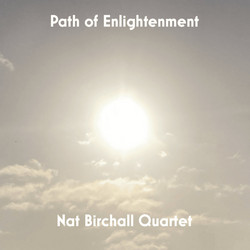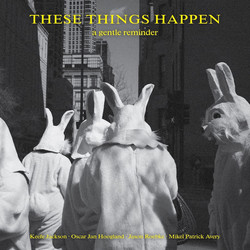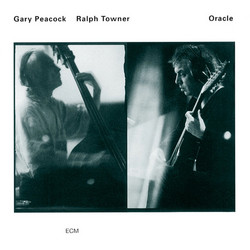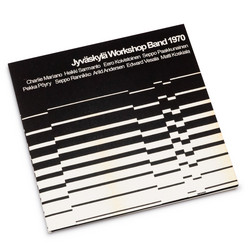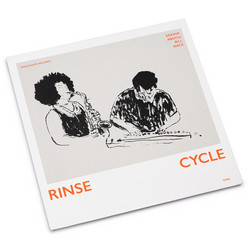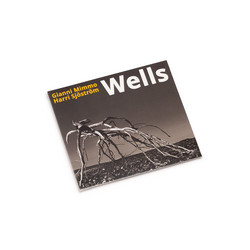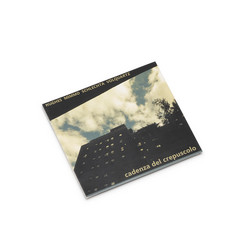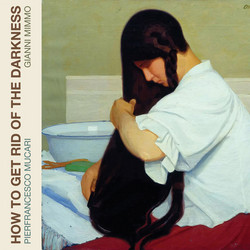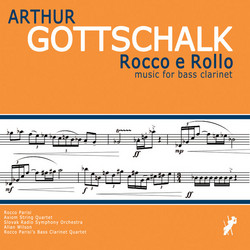*2023 stock* "To watch two butterflies in flight is to see a complex intertwining of zigs and zags, dips and weaves, as each—seemingly erratically--rides the turbulence its wings create to carry it along. Together they trace an unchoreographed but nevertheless coherent set of variations on the line as they move with, against and through each other’s paths.
The intricate pattern of two butterflies’ interwoven flight paths stands as a fitting analogue for the nuanced complexity of Busy Butterflies, the second duo recording by soprano saxophonist Gianni Mimmo and violinist Alison Blunt. As in Lasting Ephemerals, their first recording as a duo, Busy Butterflies captures the intuitive chemistry that is the foundation of their collaboration. That chemistry is not only replicated here, but refined and redoubled.
Throughout this recording Mimmo and Blunt’s voices move together in the free invention of melodies, countermelodies and emergent harmonies. Theirs is an essentially contrapuntal music of subtle timbral gradations—polyphony crafted in-the-moment and chords arrived at for their sonority rather than their functionality. Counterpoint dominates the magnificent, long title piece as well as “Dense-Dance-Evidence” and “More than One Turn,” the latter featuring an almost Baroque manner of phrasing. “Humble Sonata” is an essay in harmonic sonority, while Mimmo and Blunt’s essential lyricism comes out in the quasi-modal “Ravenoville Plage” and in the hymn-like, quiet gravitas of “Oracle’s Regret.”
The unique pairing of soprano saxophone and violin adds an intriguing element of timbral contrast to the mix--something emphasized by both musicians’ use of extended techniques. In Mimmo and Blunt’s hands these techniques serve to intensify, rather than conceal, their instruments’ intrinsic identities: the clicking of keys, plosions of air and multiphonics on the one hand, and the extreme bowings, harmonics and snap pizzicato on the other, announce that this is a saxophone, this is a violin, and neither is to be taken for the other, even when converging on the same note." - Daniel Barbiero

